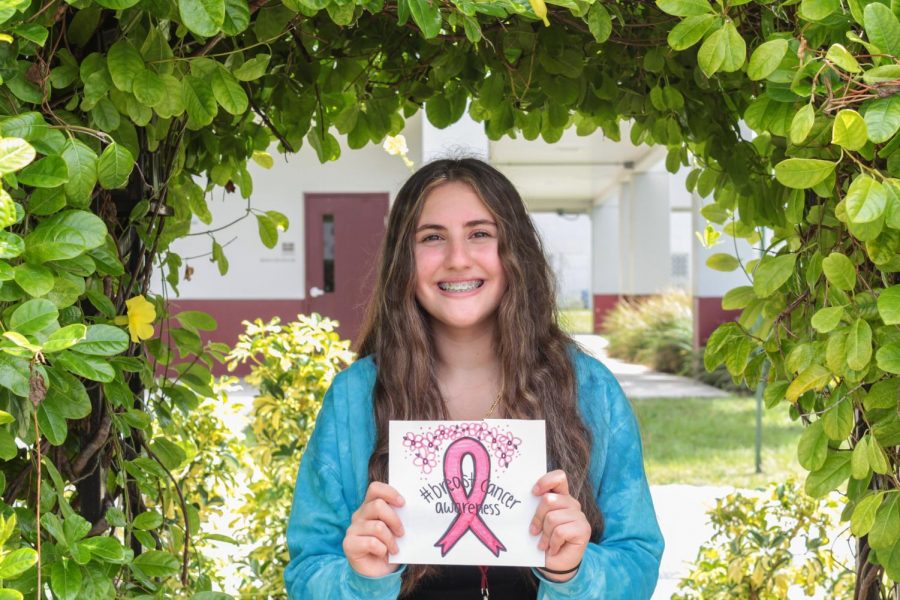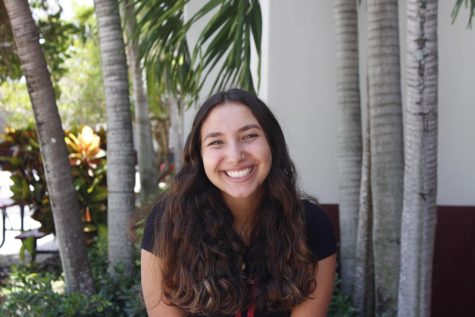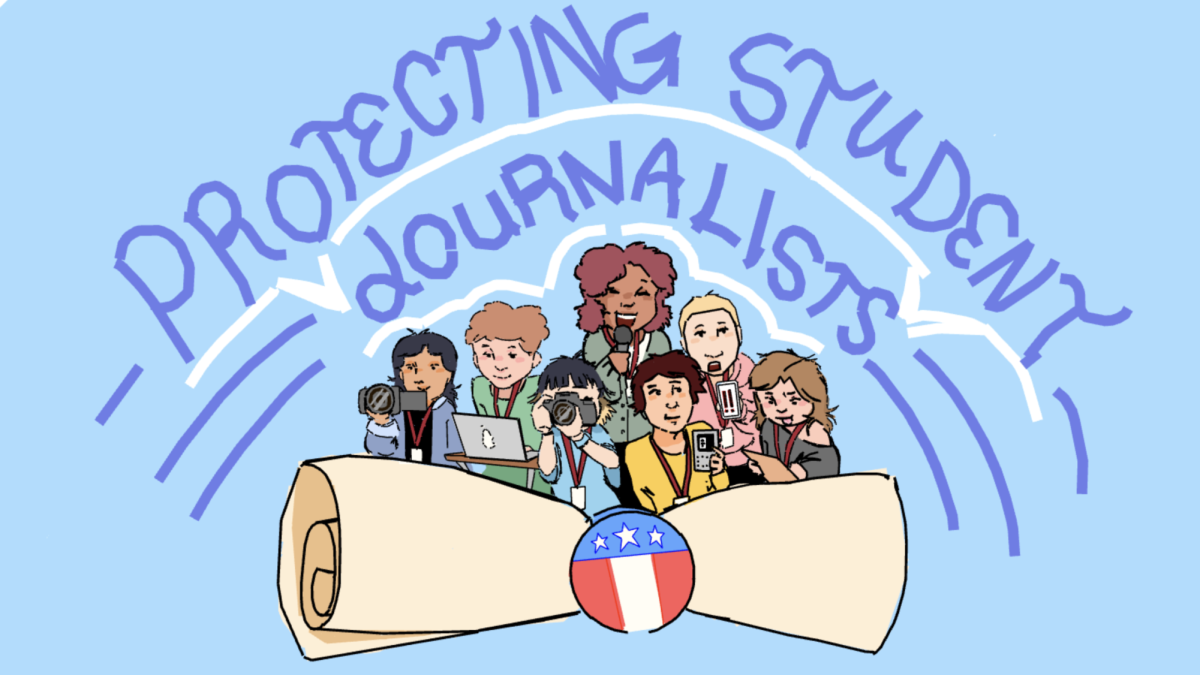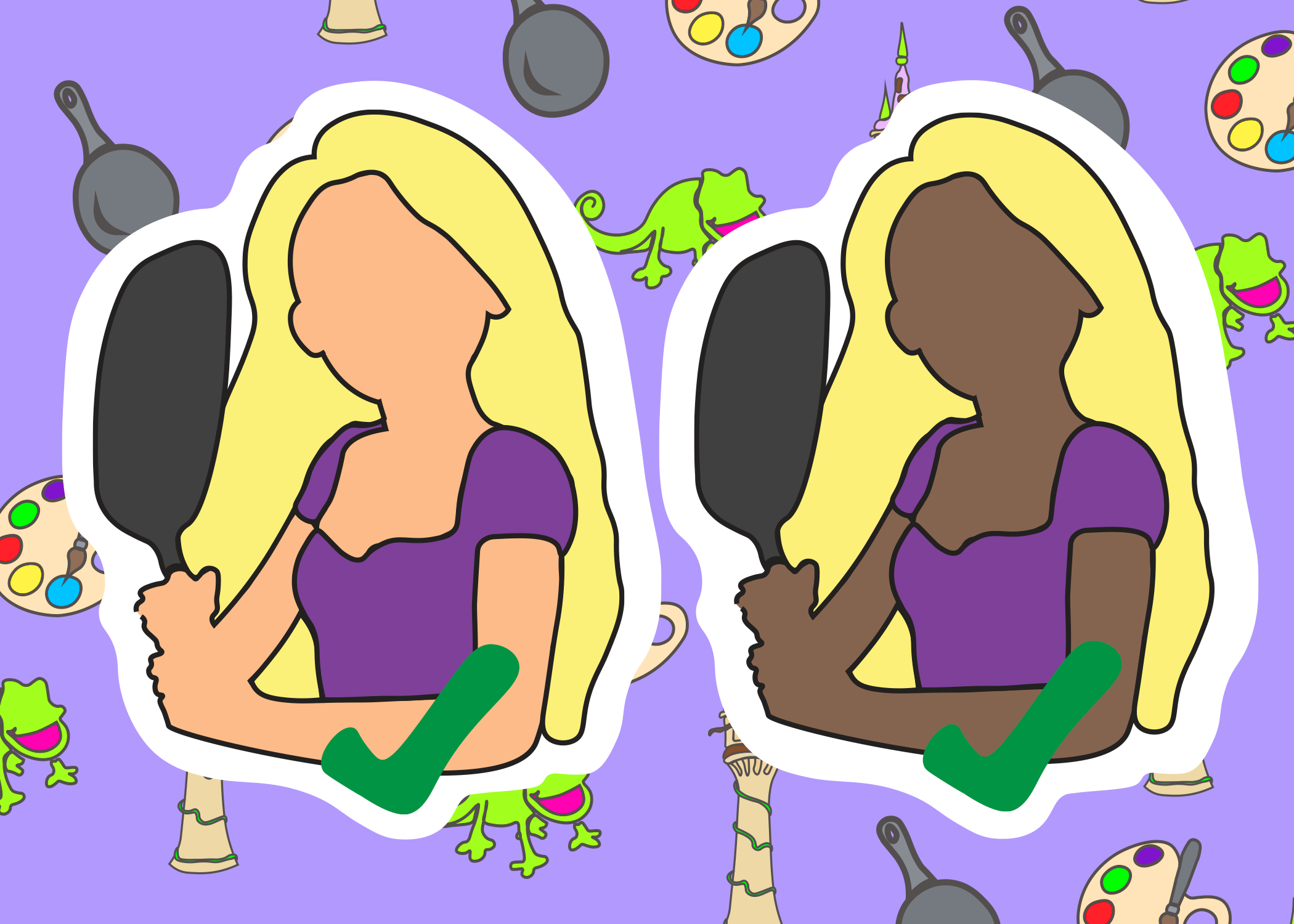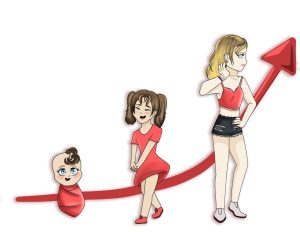Celebrating October as breast cancer awareness month
Claire Piklor and Zoe Payton
This month spreads awareness to honor and support people with breast cancer. Alexa Kaufman is a freshman at MSD. Alexa shows her support for Breast Cancer Awareness month especially for her aunt who beat her brave battle to breast cancer.
October 30, 2021
Behind every person who has been diagnosed with or supported someone else through breast cancer, is a story that can encourage and inspire others in the same situation. The month of October is Breast Cancer Awareness Month, which was implemented to educate, inspire and connect people who can relate to one another on the subject.
When thousands of people bring awareness to one cause, they unite the world towards a common purpose, in which more people garner awareness for a disease that takes the lives of 43,000 women and 1 in every 100 men per year.
In 1996, the pink ribbon was chosen to represent breast cancer because the feminine color signifies vitality, health and women empowerment. The pink ribbon is meant to serve as a symbol of hope and support for all women going through breast cancer.
Unfortunately, 1 in 8 women are diagnosed with breast cancer during her lifetime.. While it is possible to receive treatment for breast cancer, positive results are not guaranteed. Treatments include radiation, chemotherapy and surgery. Due to new technology, death rates have declined since 1990.
“It was physically and emotionally hard to deal with knowing [my aunt] had breast cancer,” Marjory Stoneman Douglas High School freshman Alexa Kaufman said. “She had to go through a lot leading up to the surgery and after.”
Due to the awareness the month of October brings, medical professionals are more optimistic about the health of future breast cancer patients. Many organizations such as the Susan G. Komen Foundation and Living Beyond Breast Cancer foundations have formed missions to help and provide plans for women who have been diagnosed, and to lower the risk of potentially getting diagnosed.
Mastectomies (a surgery removing part of or the whole breast to rid the body of cancer) have been a solution for 35.5% of women because it gives them an opportunity to protect them from breast cancer altogether. Fundraisers, walks and donations are important to scientists and patients because they help fund research and patient treatment.
“[My family and I] were there to emotionally support [my aunt] through everything,” Kaufman said. “Knowing she had a strong support system was very helpful.”
Nonetheless, breast cancer, like all cancers, can be very traumatic and life-altering. Women impacted by breast cancer may experience fear and anxiety. Having a friend, a family member or a support group to talk to about their feelings and concerns can be helpful. Losing hair and energy, while having to deal with the weight of having cancer is draining. Having a trustworthy loved one to rely on can lift their spirits.
“We felt relieved after she recovered because we knew she was healthier,” Kaufman said. “It made us aware that we couldn’t take family for granted.”
October is a celebrated month for many reasons, but breast cancer awareness holds importance for many people.

